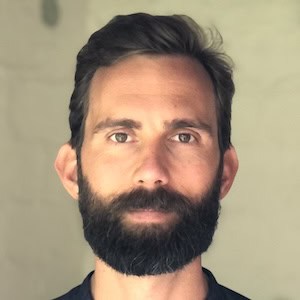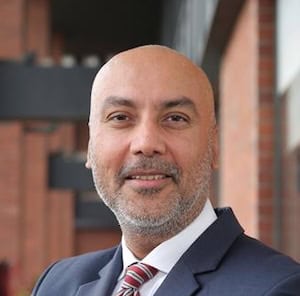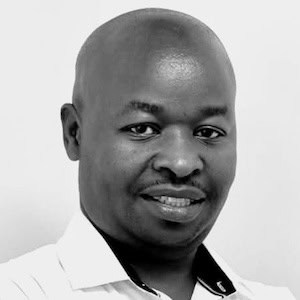-
Weekly Roundup: Burning the Ivory to Save It
Late last week Kenya President Uhuru Kenyatta helped set 105 tons of poached elephant ivory and rhino horns ablaze. It was a drastic step to help kill a black market where the horns and tusks would have fetched $100 million. This week we were reminded of other market building forces in Africa and Ecuador.
- Categories
- Agriculture, Environment, Investing
-
Finding a Sanitation Destiny: ‘I Am Supposed to Design Toilets’
Jasmine Burton of Wish for WASH: "Although we are still very much researching and iterating our design, (the) SafiChoo (toilet) is innovative because it seeks to incorporate human-centered design and community-driven solutions to best improve the user experience in all parts of the market (from manufacturing to shipping to distributing to customers to end users)."
- Categories
- Health Care, WASH
- Tags
- sanitation
-
Three ‘Golden Rules’ of Investing in Health-Focused BoP Models
With an estimated $140 billion needed per year to finance the health-related Sustainable Development Goals, the role of private sector finance is more critical than ever. Dalberg, after exploring the topic from a variety of angles and analyzing successes, synthesized three golden rules of investing in health-focused BoP models to help guide businesses, investors and start-ups.
- Categories
- Health Care
-
What STEM Skillsets, Mindsets Bring to Sustainable Development
Many people still believe that all scientists and engineers work in science and engineering. Do all scientists pipette solutions in a clean white lab while all engineers take measurements on a construction site and programmers write apps in a cubicle? While many STEM professionals do fit these traditional roles, many more use their analytical skills to solve problems in other fields. According to the National Science Board, fewer than half the undergraduate STEM majors in the U.S. end up in STEM occupations. Part two in a series on STEM careers and directions for sustainable development.
- Categories
- Agriculture, Environment, Technology
- Tags
- research
-
NexThought Monday: How Mindset Shifts Improve Health Care
The Ihangane Project is based on core principles like: 1) the relationship between health care providers and recipients is the essential link to reach good health outcomes; and 2) even the most marginalized members of society have the capacity to shift their mindset from one of scarcity to one of abundance.
- Categories
- Health Care
-
Roundup: Chicago’s $100M Impact Test, World Bank Relevance Check – And Defending ‘White Savior Barbie’
Something big happened in Chicago this week, as the Chicago Community Trust, MacArthur Foundation and Calvert Foundation announced their plans to funnel $100 million in impact investments to nonprofits and social enterprises in the Windy City through the Benefit Chicago project. Our editors discuss that development, wonder about the evolving role of the World Bank, and defend "White Savior Barbie" in this roundup.
- Tags
- impact investing
-
Digital Government: 4 Keys to Kenya’s Success with Electronic Government Payments
Kenya has long been grappling with inefficiencies in government service delivery, characterized by resource constraints, bureaucratic processes and lack of accountability. In response, the government launched an integrated service model for person-to-government and business-to-government payments, allowing digital payments via online and mobile tools. Here are four reasons Kenya is ideally suited to digitize its government functions.
- Categories
- Uncategorized
-
Airtime to the Rescue: Why India Should Mobilize Telcos for Disaster Relief
Last April, when a 7.8 magnitude earthquake shook Nepal, telcos offered free mobile airtime for 48 hours to their customers based in India, so they could connect with their family members and friends in Nepal. This example illustrates the potential of utilizing the payments infrastructure to respond to natural disasters. I believe this potential could be more fully realized by channeling relief and rehabilitation funds to disaster victims using airtime as currency – and India is the ideal proving ground for the concept.
- Categories
- Uncategorized










